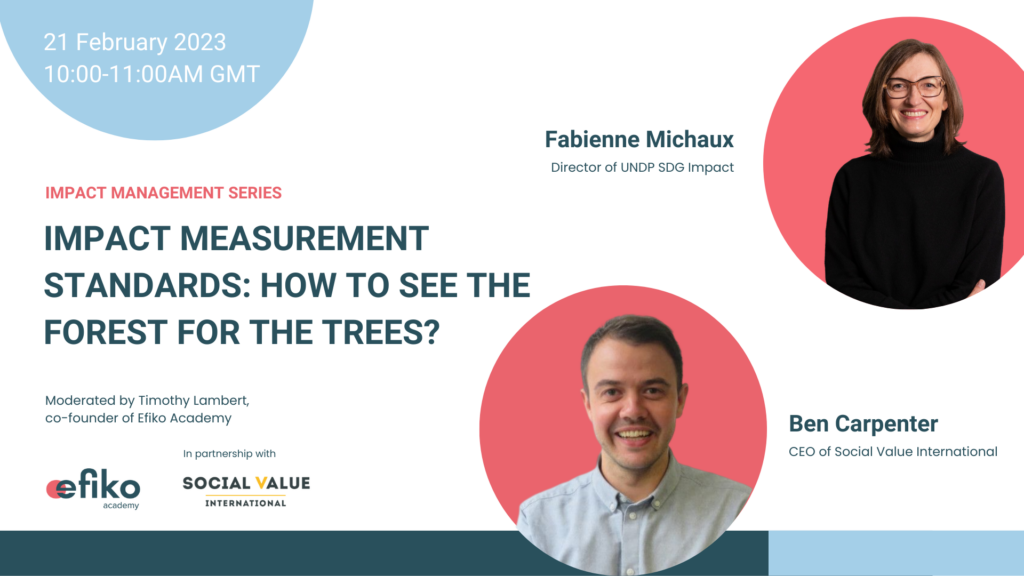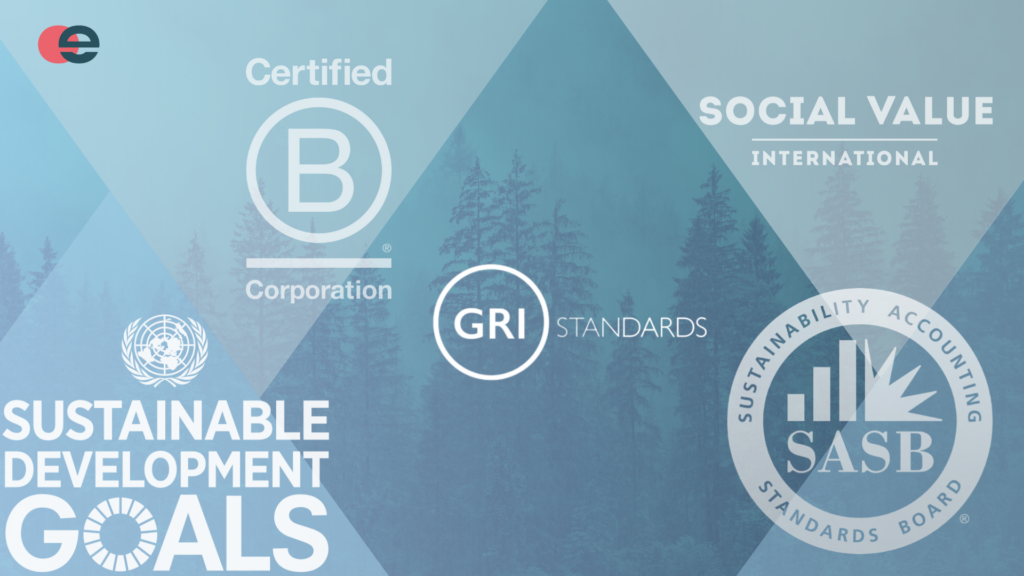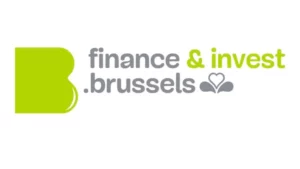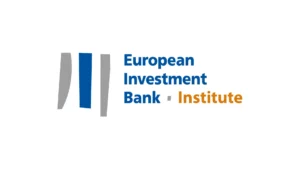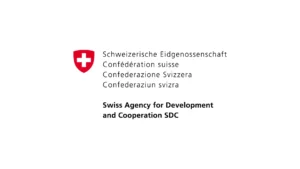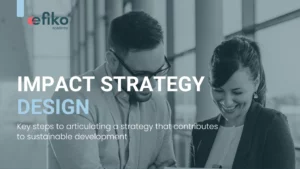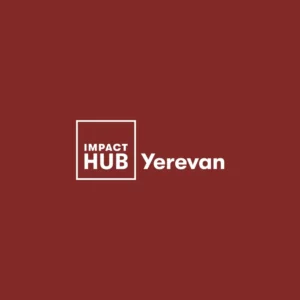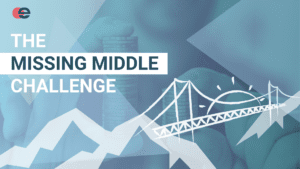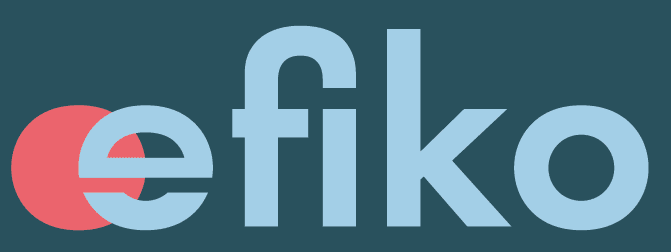Compatibility of Impact Measurement Standards
Each Impact Measurement and Management (IMM) standard is developed to help each segment within an organisation achieve specific goals – Is it reporting or management? Information that is mainly material to your financial bottom line or aspects that matter most for people and the planet? The SDG Impact Standards and the Social Value Principles have been designed to enable stakeholder impact management, i.e. taking outcome data into account to inform decisions that improve an organisation’s outcomes on people and the planet. Other impact measurement standards (like GRI or SASB) focus solely on reporting aspects that have material effects on the financial bottom line of a company. This highlights the importance of being clear about your goals in the first place.
“Before you get distracted by all the frameworks that are out there, have clarity within the organisation: what do we want to achieve?”
Ben Carpenter
A cost with uncertain benefits?
Many practitioners baulk at committing resources to measure and manage sustainability and impact performance. It is often seen as a high upfront cost with uncertain benefits. But as Sara Lisa explains, being sustainable is no longer a frivolity, but a necessity. More and more organisations are committing to attuning themselves so that they’re able to create a positive impact on the economy, society, and environment. Moreover, regulators such as the EU, as well as consumers are now demanding sustainable practices. The best way to tackle this daunting task, according to Ben, is by starting small first identifying the gaps in your organisation’s approach and then adopting impact management practices that address them. It is a challenge, as all changes in business are, but adaptation is essential to survival and there are enough success stories to take the leap forward.
“[Impact management] should be seen as an investment, not a cost, in the health of your organisation”
Ben Carpenter
Regulatory push
While there are a growing number of organisations that are currently measuring, reporting and managing their impacts on people and the planet, many are waiting until it becomes a mandatory requirement. Regulatory pieces such as the EU Corporate Sustainability Reporting Directory (CSRD) and Sustainable Finance Disclosure Regulation (SFDR), aim to get more organisations on the train of impact management. Ben believes that the best option for your organisation and for the world is to start working towards reporting and managing impacts as early as possible. Three ingredients for change, according to Sara Lisa, are Motivation – either through innate want or regulations; Information – access to knowledge on how to implement change; and Availability, i.e. that there are resources available to drive change. Standards setters, educational initiatives (such as Efiko Academy) and regulators must therefore work hand in hand to provide the ingredients for impact management to come true.
“The path forward needs the carrot and the stick: some of us see the rewards of adopting these standards in the long term, but acceleration towards from regulation and legislation can help”
Ben Carpenter
The future of impact management standards
Social Value International (SVI) released the 8th principle of their Social Value Principles last year. They aim to refine it and add case studies and resources over the next couple of years. The existing Impact Management Pathway is also going to be further improved. Ben predicts more collaboration between impact standard creators, starting with March’s meeting between SVI, SDG impact, GRI, and B Corp. An increased focus on valuation is in the cards. Additionally, the UNDP is going to launch their SDG Impact Seal and Assurance, in partnership with SVI.
How to learn more?
Learning more about impact management standards and measurement is essential for applying it in your own organisation. Efiko Academy’s course on Measuring Impact using Social Value and SROI, made in collaboration with SVI, gives you the essential skills and tools to measure and manage the social impact of projects and initiatives.
“The trees of standards and regulations are to build the forest of a more sustainable world”
Sara Lisa Ørstavik
This course might interest you

Impact Measurement: Applying the Principles of Social Value and SROI
Get access to the webinar recording here!
